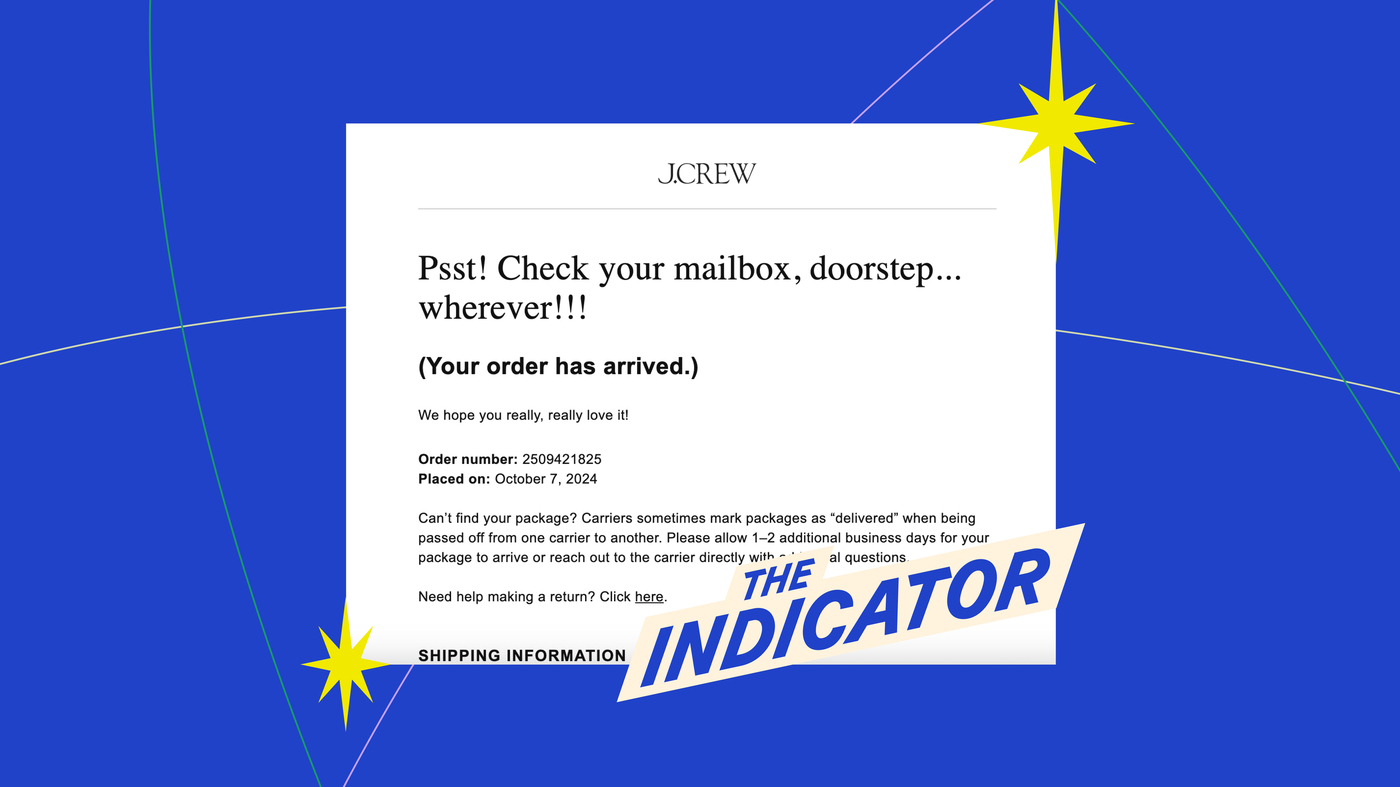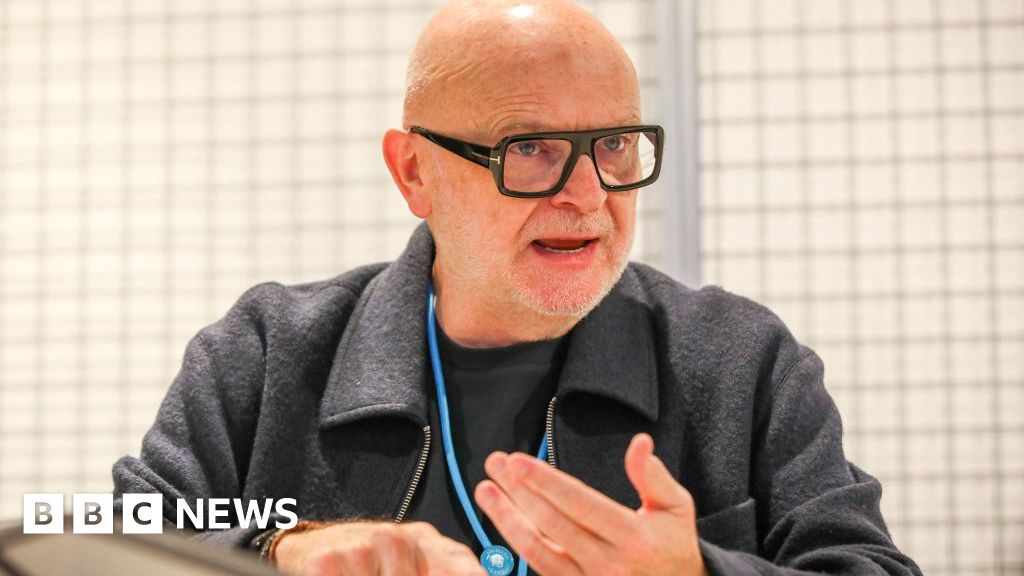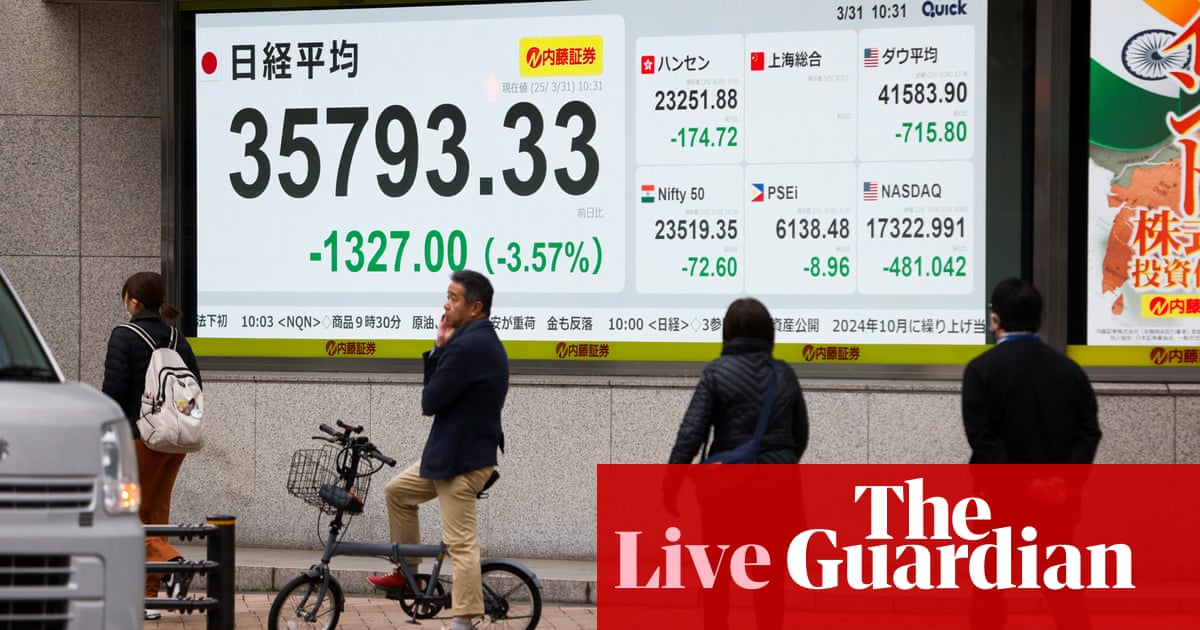
UK inflation reading for November forecast to rise further above Bank of England target – business live
Key events
Horsfeld has looked at what an increase in UK inflation would mean for interest rates:
If our forecasts are correct, directionally, this would not come as a surprise to the monetary policy committee: the monetary policy report forecasts factored in a 0.2%pt increase in CPI inflation between October and November. Even so, it would not be welcome to have the degree of overshoot in inflation outturns relative to their forecast widen.
The Bank’s official message has been that maintaining only a gradual pace of rate cuts from here still looks appropriate, with governor Andrew Bailey effectively confirming that means one 25bp cut per quarter. If inflation turns out as we predict, this would be an argument against stepping up the pace of policy easing, even if the UK faces mounting threats to external demand.
Introduction: UK inflation forecast to rise further above Bank of England target
Good morning, and welcome to our rolling coverage of business, the financial markets and the world economy.
Inflation in the UK is expected to have climbed to an annual rate of 2.6% last month, rising further above the Bank of England’s 2% target.
Figures to be released at 7am by the Office for National Statistics are forecast to show a rise in inflation from 2.3% in October. The core measure, which strips out volatile items like food and energy, is expected to have climbed to 3.6% from 3.3%.
The central bank is also worried about stubbornly high inflation for services, of around 5%, which is higher than in the eurozone (4%) and the US (3.9%).
Investec economist Sandra Horsfeld said:
It is hard to isolate a single factor, but a number of categories ranging from cars to airfares to recreation & culture look to have faced unhelpful base effects of their own last month. The same applies on the non-core side, where a non-repeat of November 2023’s automotive fuel price fall almost certainly added to inflation. Similarly, food price inflation, which had already surprised visibly to the upside in October relative to the Bank of England’s baseline forecast in its latest Monetary Policy Report, may have done so again.
Berenberg economist Andrew Wishart said:
Despite disappointing economic growth, inflation probably exceeded the Bank of England’s forecast of 2.4% in November. The rise in household inflation expectations in November will raise concerns that inflation expectations are drifting higher. And the increase in the output prices balance of the PMI survey in December suggests some of the increase in taxation on employment will be passed on to customers in the form of higher prices.
Inflation in UK services prices of 5.0% year-on-year is already an outlier compared to that in the eurozone (4.0%) and US (3.9%), and rising labour costs will ensure future declines are slow. As the drag on inflation from falling energy prices fades away, we expect headline inflation to rise to an average of 3% in the second half of next year.
Later today, the US Federal Reserve is widely expected to cut interest rates by a quarter point, to 4.5%.
Markets are eagerly awaiting the Fed’s summary of economic projections and comments from chair Jerome Powell for any clues on how aggressive the US central bank will be in reducing rates next year.
US retail sales increased more than expected last month, boosted by motor vehicle purchases, reflecting strong underlying momentum in a resilient economy.
Richard Hunter, head of markets at the investment platform interactive investor, said:
The near certainty of a 0.25% cut has seen speculation moving on to the accompanying comments, where the Fed’s outlook next year could be market moving.
Previously, four small cuts had been expected, but the residue of a strong economy and some potentially inflationary actions by the new administration could lead to the central bank sitting on its hands as it surveys the new economic scene.
Stephen Innes, managing partner at SPI Asset Management, said:
A quarter-point rate cut by the Federal Reserve is widely anticipated, but the trajectory beyond that remains murky. The resilience of the US economy could be tested by the incoming administration’s proposed inflationary import tariffs, which may cause Federal Reserve officials to reconsider the pace of future adjustments.
The Agenda
-
9.30am GMT: UK house prices and rents
-
11am GMT: CBI Industrial trends survey
-
1.30pm GMT: US Building permits for November
-
7pm GMT: US Federal Reserve rate decision, followed by press conference










